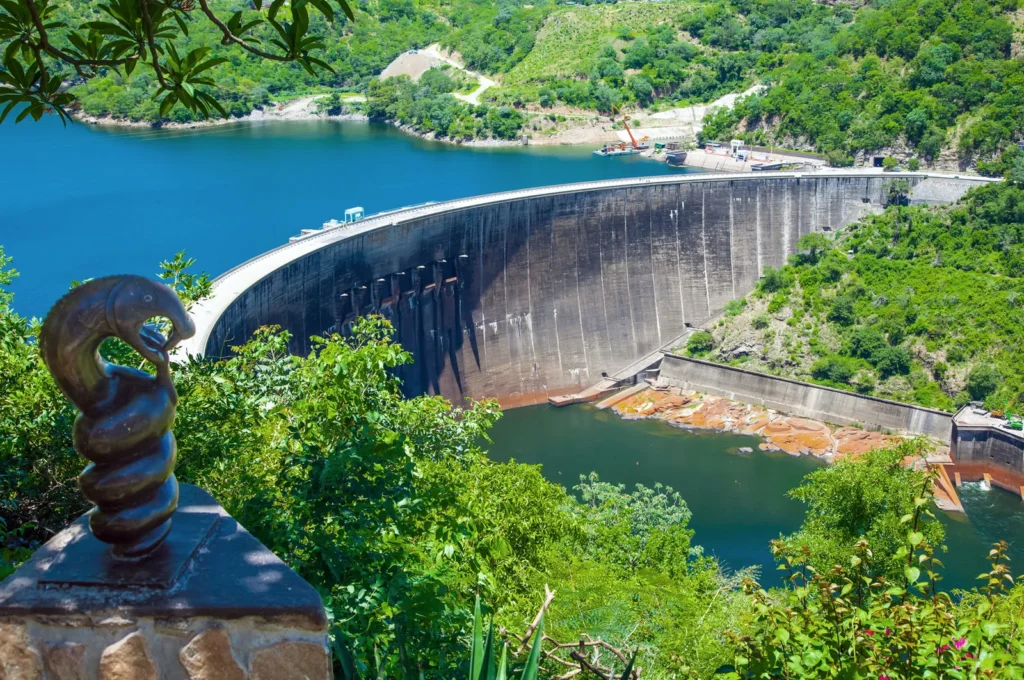Siavonga Town Council Mediates Fishing Boundaries Conflict on Lake Kariba
The Siavonga Town Council, in collaboration with the Zambia Police, the Department of Fisheries, and representatives from the Kapenta Association, has stepped in to address the escalating conflicts over fishing boundaries in Lake Kariba between fishing companies and Kapenta rig operators.
A joint team of officers visited two local fish companies, Zamfresh and Yalelo, earlier this week to seek resolutions to the ongoing disputes. The visit was prompted by reports of conflicts resulting in the arrest of numerous fishermen for alleged theft and trespassing.
According to an official statement by Ms. Gwendolyn Mwanza Mchenga, the Public Relations Officer for Siavonga Town Council, Council Chairperson Given Kwapu led the delegation to assess the situation.
The team, which included representatives from various agencies, first visited Zamfresh and later ventured onto the water to inspect and understand the fishing boundaries of Zamfresh before proceeding to Yalelo.
Mr. Kwapu revealed that conflicts arose from concerns raised by Kapenta rig operators who alleged that Zamfresh had set up fish cages, particularly behind Jeremiah Island, impeding their fishing activities and leading to disputes.
Acknowledging the need for a solution, Mr. Kwapu emphasized that the Local Authority was not favoring criminality but aiming to find common ground.
He stressed the importance of defining clear boundaries to prevent conflicts, protect investments, and ensure the well-being of all parties involved.
Fisheries Assistant Miyanda Maiba provided insight into the situation, stating that, according to the Environmental Impact Assessment Report, Zamfresh was allocated a specific portion behind the island for fishing farming.
The additional portion they were using was designated for trials to test the resilience of their fish cages against strong winds.
Kapenta Association representative Constantino Dilaiva expressed the rig operators’ frustration, claiming that fishing companies dominated their preferred locations. Dilaiva appealed to Zamfresh to cease farming in deep waters and suggested moving operations to shallower waters.
In response, Zamfresh Director Mr. Yan defended the company’s position, explaining that the deep waters behind the island were optimal for fish farming. Despite the stance, he expressed a willingness to cooperate once a final decision was reached for the mutual benefit of all parties.
Kariba Ward Councilor Phallen Kachelo appealed to the police to halt arrests for trespassing until an amicable solution is found. However, Siavonga Police Criminal Investigation Officer Mr. Lesa asserted that individuals found in acts of theft and criminal trespassing would be subject to arrest.
Concluding the meeting, Mr. Kwapu highlighted the need to involve the Zambia Environmental Management Agency (ZEMA) to assist in defining clear boundaries.
The mediation efforts aim to foster collaboration between fishing companies and rig operators and ensure sustainable and conflict-free fishing activities on Lake Kariba.



